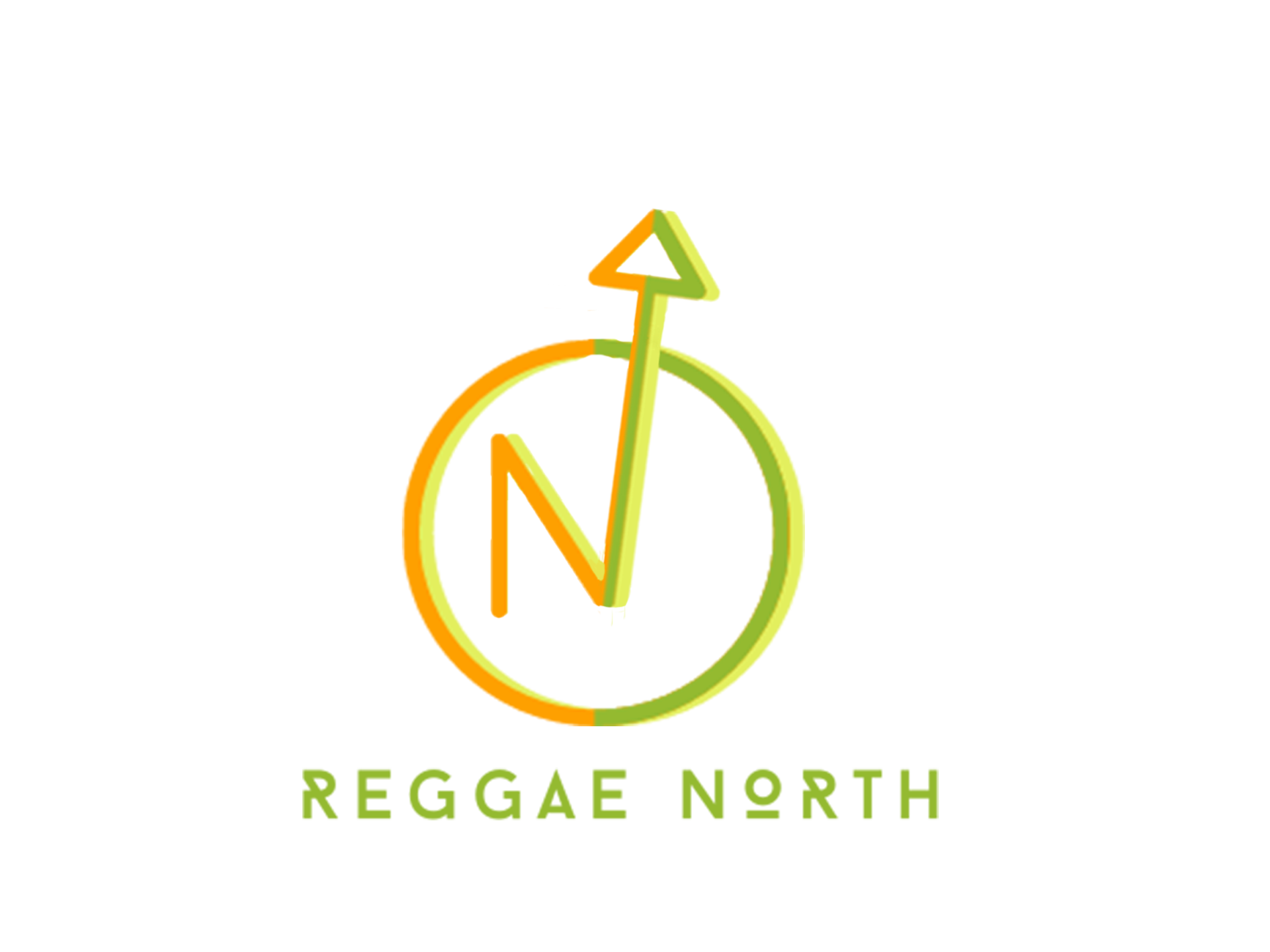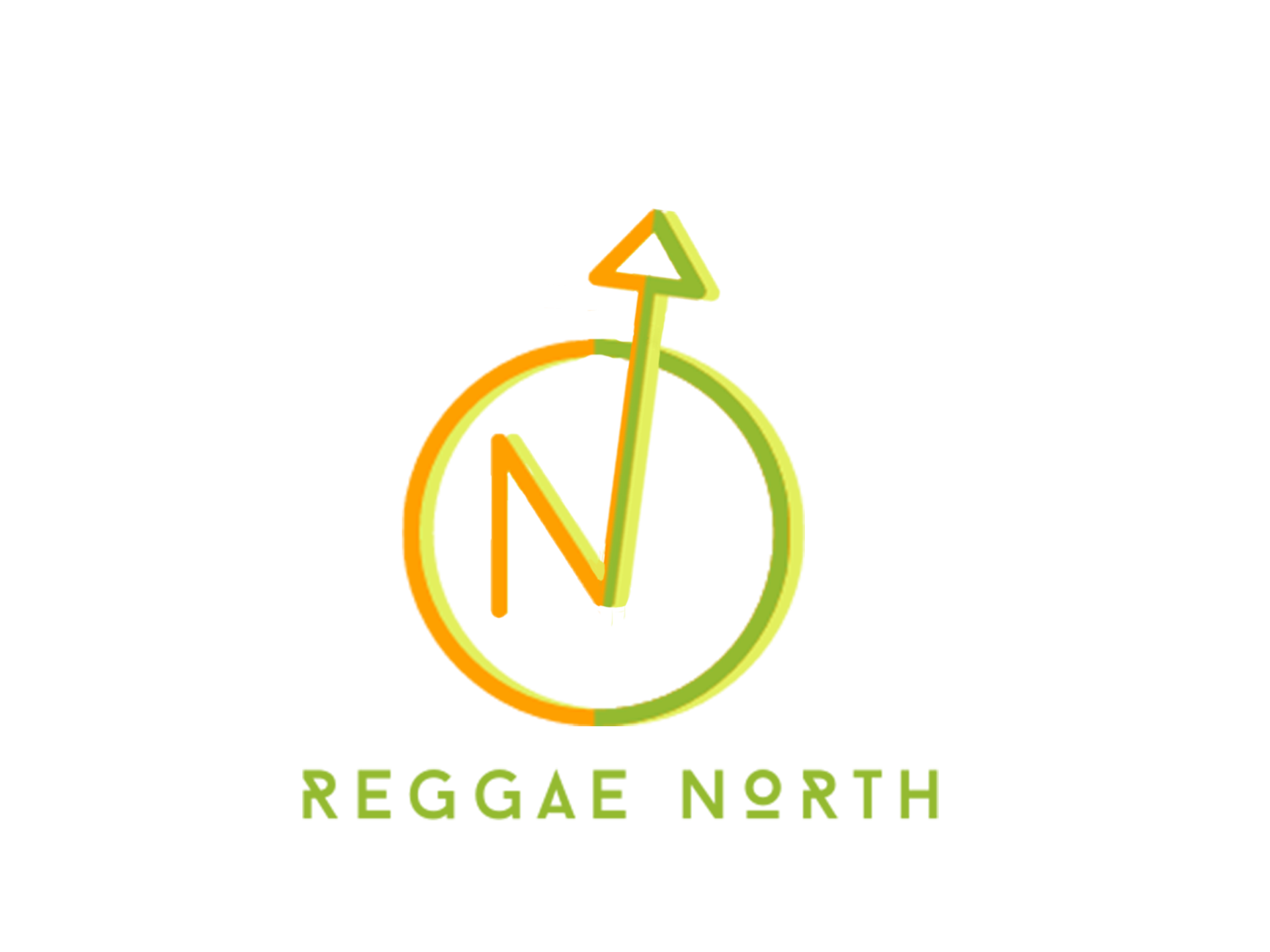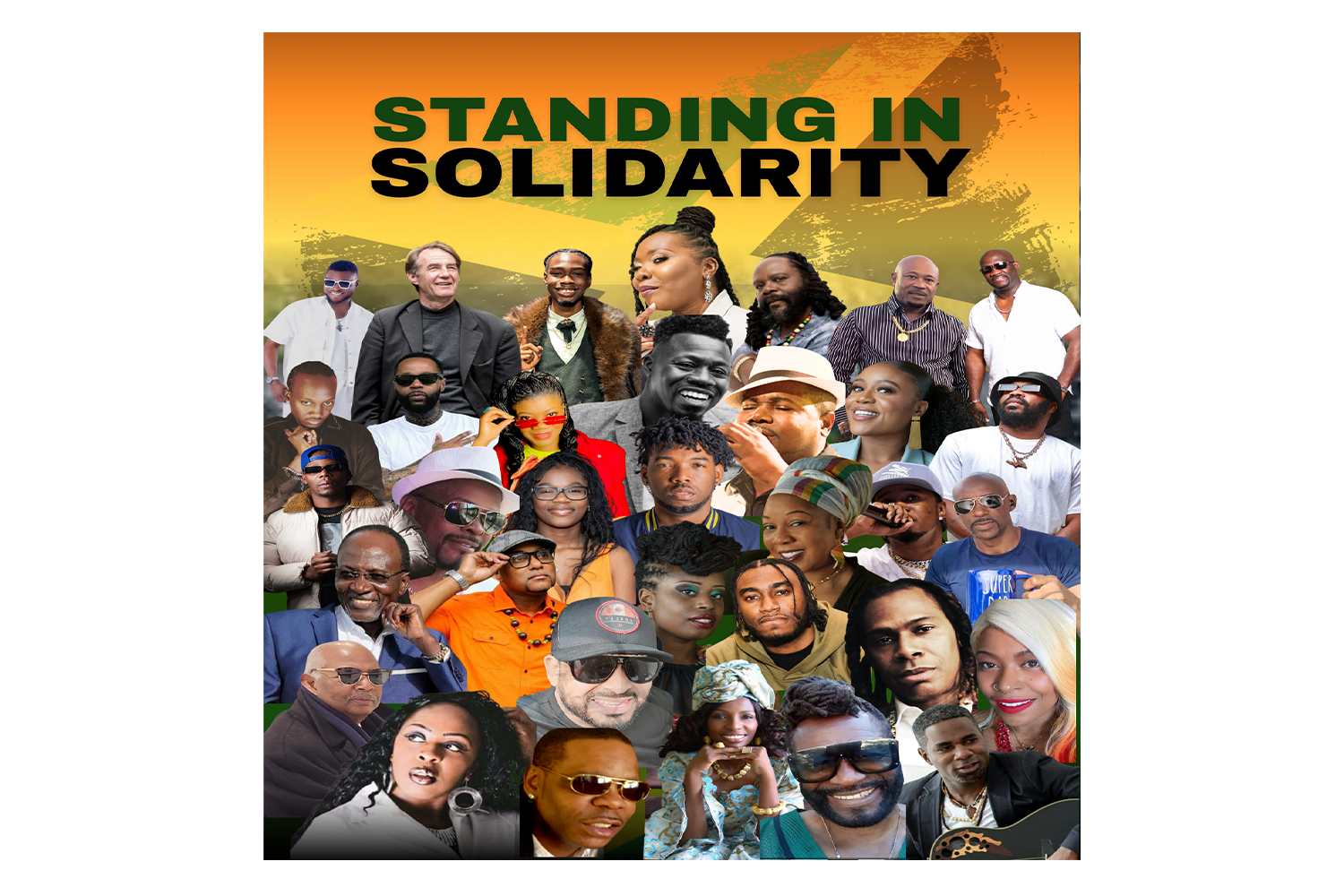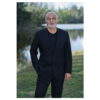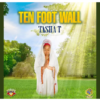For over thirty years I’ve walked the winding, often uphill path of reggae and dancehall in Canada. I’ve seen the talent—singers, songwriters, musicians—overflowing with promise, yet far too often working in isolation. It has become clear to me that individually, the climb to the mountain top is simply too steep. If the Canadian reggae and dancehall community is to truly break through, we must ask ourselves: What is missing? And why aren’t we building the bridge together?
In Canada, reggae and dancehall live in rich multicultural soil. The Caribbean diaspora has embedded rhythms, carnival traditions, sound-system legacies into cities like Toronto, Montréal, Edmonton and beyond, and yet—the reality is that while many artists believe they will make it big (and rightly so), the conditions are stacked: mainstream Canadian music infrastructure too often ignores reggae/dancehall; Jamaica sometimes treats Canadian-based artists as little more than “cash cows”; and outside of the diaspora these genres are still fighting for visibility.
Exceptions from Canada: Snow (with “Informer”) and Magic! (with “Rude”). These acts reached major international success—and neither came purely from the reggae niche. The fact that they are exceptions speaks volumes.
When the talent is there, the desire is there, but the structure, unity and visibility are missing, then the only consistent outcome is frustration. Unity matters. Not just cooperation, but a committed collective. When artists, engineers, promoters, labels, sound-systems, venues align around a shared goal, the outcome can change.
The recently held “Hope for Jamaica” fundraising concert at Jamaican Canadian Association where I played the role as Entertainment Coordinator for the event, over 1,000 people turned out to support Jamaica, accomplished in just eight days with more than 35 artists, DJs, engineers participating without hesitation. That is a vivid demonstration of what happens when people say “We” instead of “Me”.
We all know the obstacles: competition mindset (“I must shine first, you may shine later”), jealousy, lack of trust, limited resources, fragmented geography (artists spread across cities and provinces), and the bias of mainstream culture.
The reason why the city of Atlanta is so successful, is not because everybody over there is holding hands, but they have a music infrastructure built. This underline that unity is not about being identical—it’s about having aligned infrastructure, mutual uplift, and moving together with purpose.
In Canada specifically: the reggae/dancehall community has often operated in silos—artists working alone, sound-systems isolated, events disconnected. The consequence: each person has to rebuild the wheel. The mainstream meanwhile continues to overlook the genre’s potential.
Here is what I propose, rooted in my over thirty-year vantage point:
- Change the mindset: Stop seeing your fellow Canadian reggae/dancehall artists as competitors who might “steal” your shine. Instead see them as collaborators, carriers of the same vision.
- Build the foundation: We must invest time and energy into the collective: shared platforms, joint events, cooperative marketing, pooling resources. As my father used to say: “Don’t look at how big the chore is. Just start.”
- Strive for infrastructure: A strong national network of reggae/dancehall promotion, support and distribution. Canada has the diversity; now let’s leverage it.
- Leverage wins and lift others: When one artist makes strides, the spotlight should widen—not shrink. Use that momentum to bring others up, to raise the profile of the genre. If Magic! and Snow did so well, let’s amplify the ones who come after.
- Do it for the next generation: If not for us, then for those coming. Let the next generation walk on solid ground—rooted reggae/dancehall culture, proud Canadian identity, global vision.
We know the obstacles: the lack of mainstream respect, the overseas challenges, the internal fragmentation. We know the talent is undeniable. We know the desire is real. What’s missing is unity of purpose, a collective shift from “my project” to “our movement”.
When one thousand people came out for one purpose in one event in eight days—you saw it. That same power applied to the Canadian reggae/dancehall space could change everything.
If we truly want Canada to be a force in reggae and dancehall—seen, heard, accepted, respected—then let’s stop waiting for someone else to build the bridge. Let’s start building it ourselves. Together.
